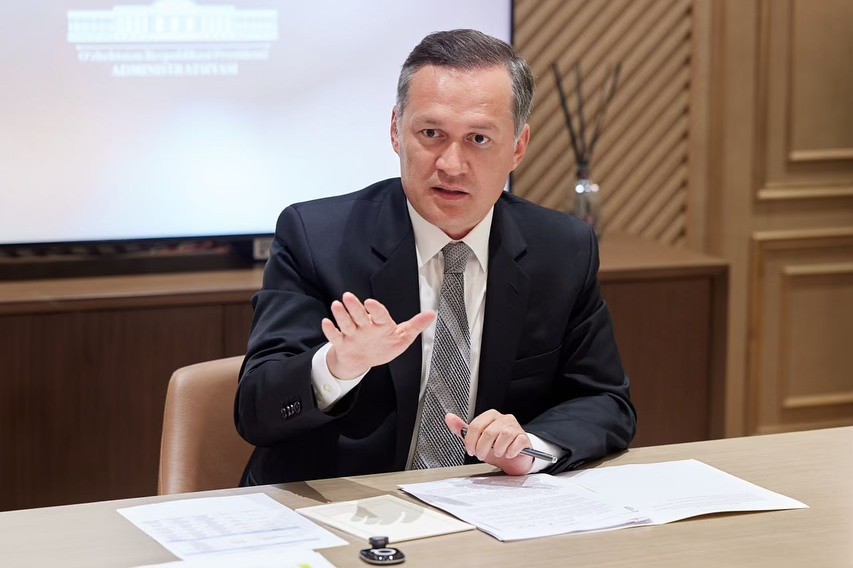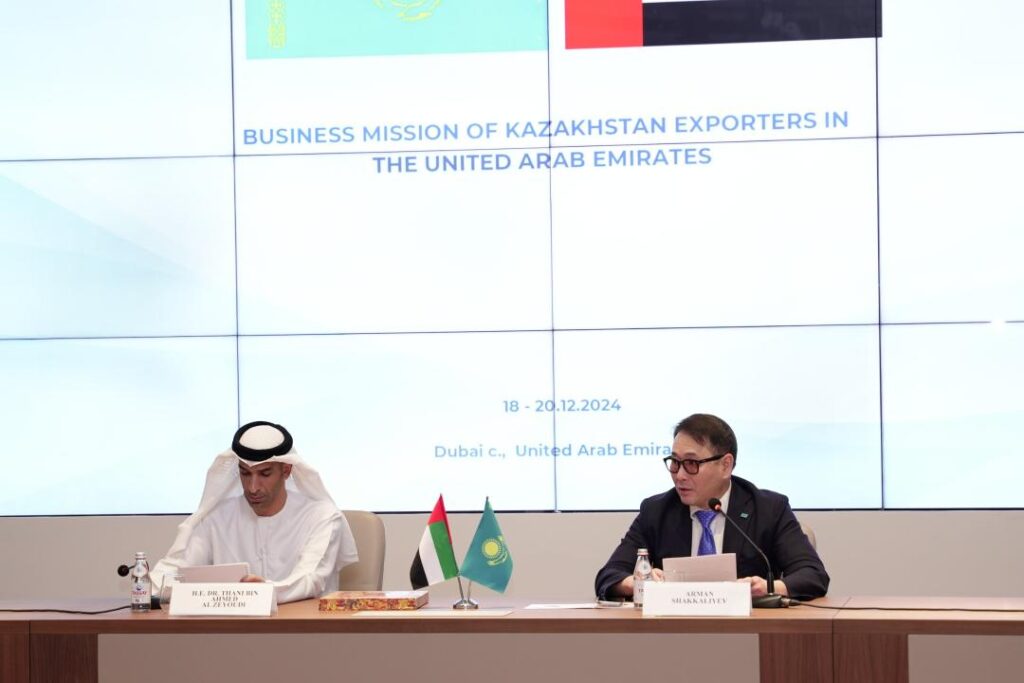Tajikistan wants to establish cooperation with Russia’s Tatneft to open an oil refinery in the Dangara free economic zone, in Tajikistan’s Khatlon region. This was announced by the country’s Minister of Industry and New Technologies, Sherali Kabir, during a recent investment forum in Dushanbe between Tajik and Russian companies.
“One of the most important issues that we see in the development between our countries is the improvement of our production capacities, including the production of fuel and lubricants, cooperation, and the creation of new mechanisms. If we launch this enterprise together with Tatneft, we can achieve great progress in this regard.” Kabir said.
It is noted that this will help Tatneft enter the markets of Afghanistan and Pakistan.
“As was said, up to 30% of Tatneft’s raw materials are exported. Bring them here (Tajikistan), process them — and imagine what a huge market the company could open up for itself. 40 million people in Afghanistan, and over 230 million in Pakistan,” Timur Yoribek, Head of the International Relations Department of the Ministry of Industry of Tajikistan, commented.
According to him, Tajikistan has ideal logistics routes for this — seven bridges leading to Afghanistan, and the shortest links to the Pakistani seaports.
Construction of the Dangara oil refinery began in 2014 and was completed in 2018. The plant’s planned capacity is 1.2 million tons of oil per year, but the commissioning has been delayed due to a shortage of raw materials.
Tajikistan produces a small amount of oil, which is not enough to supply the refineries.









